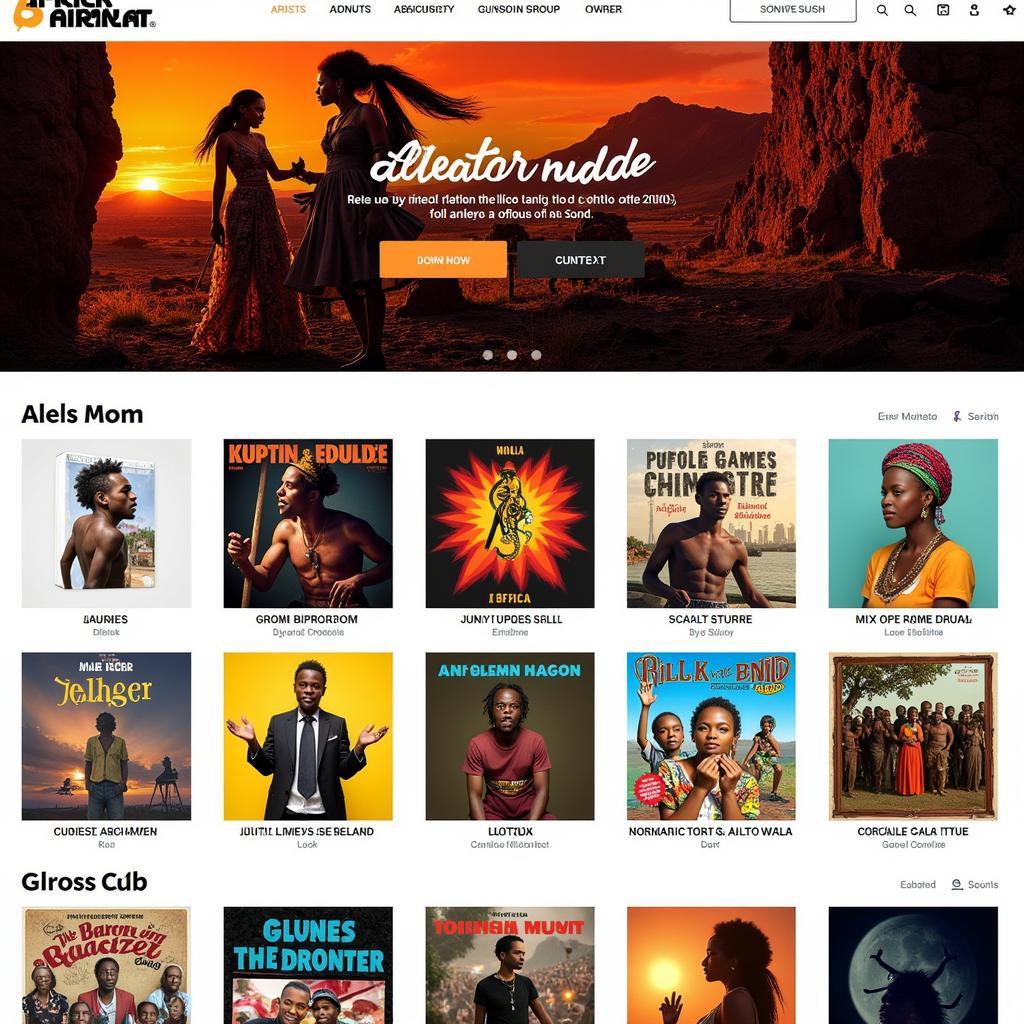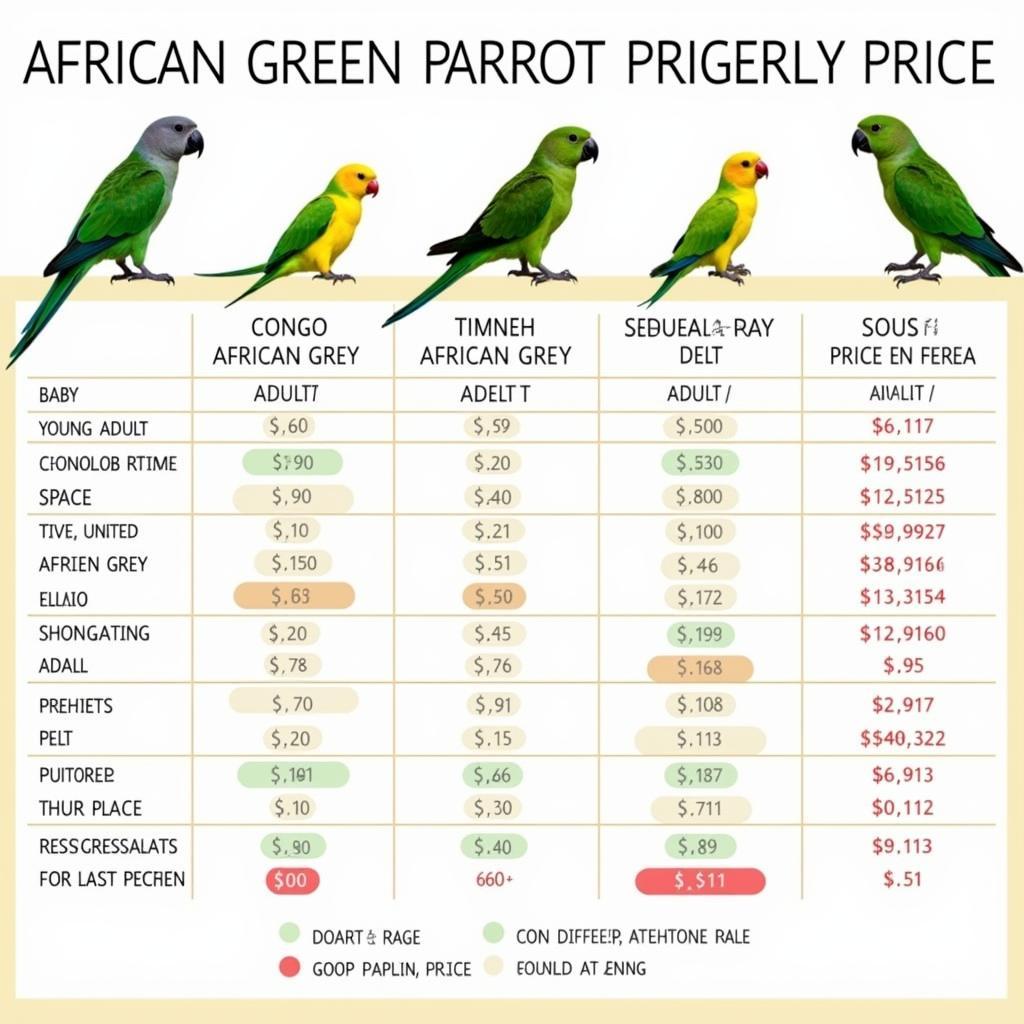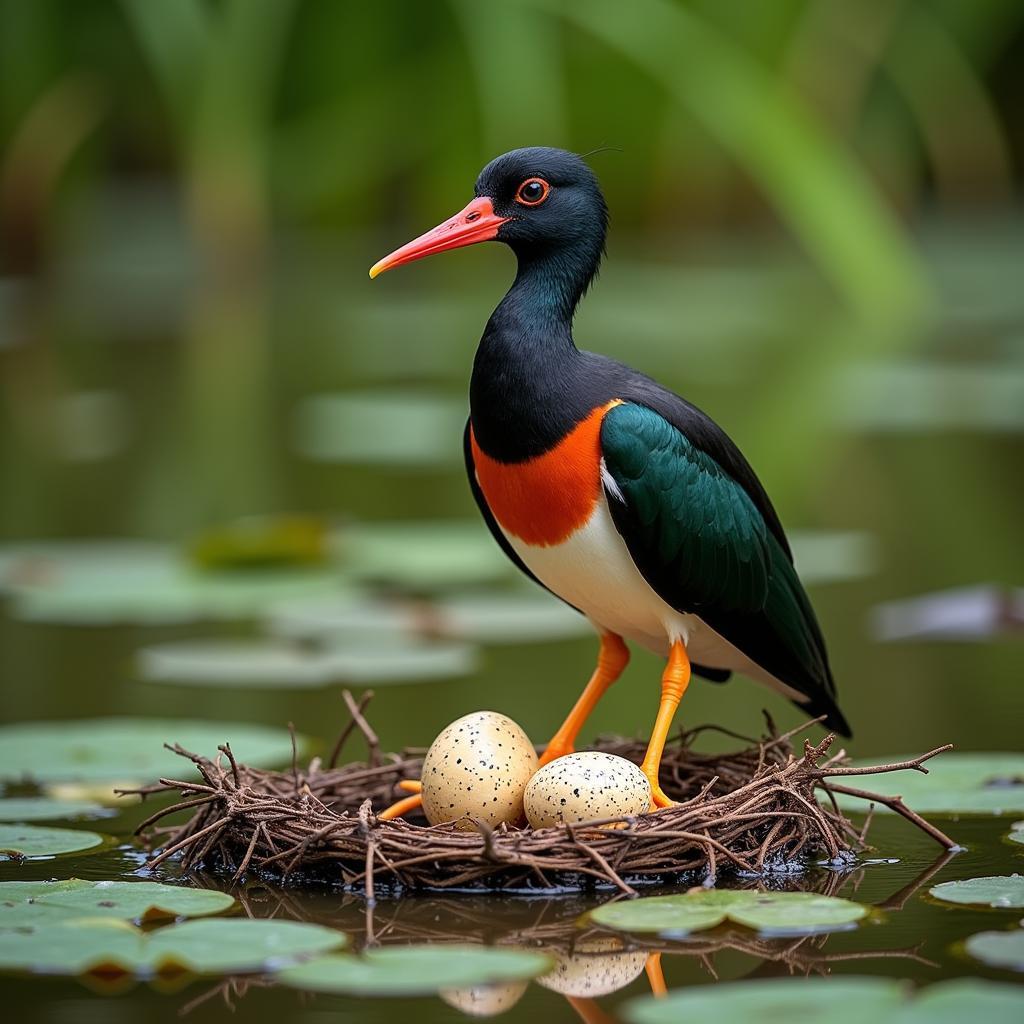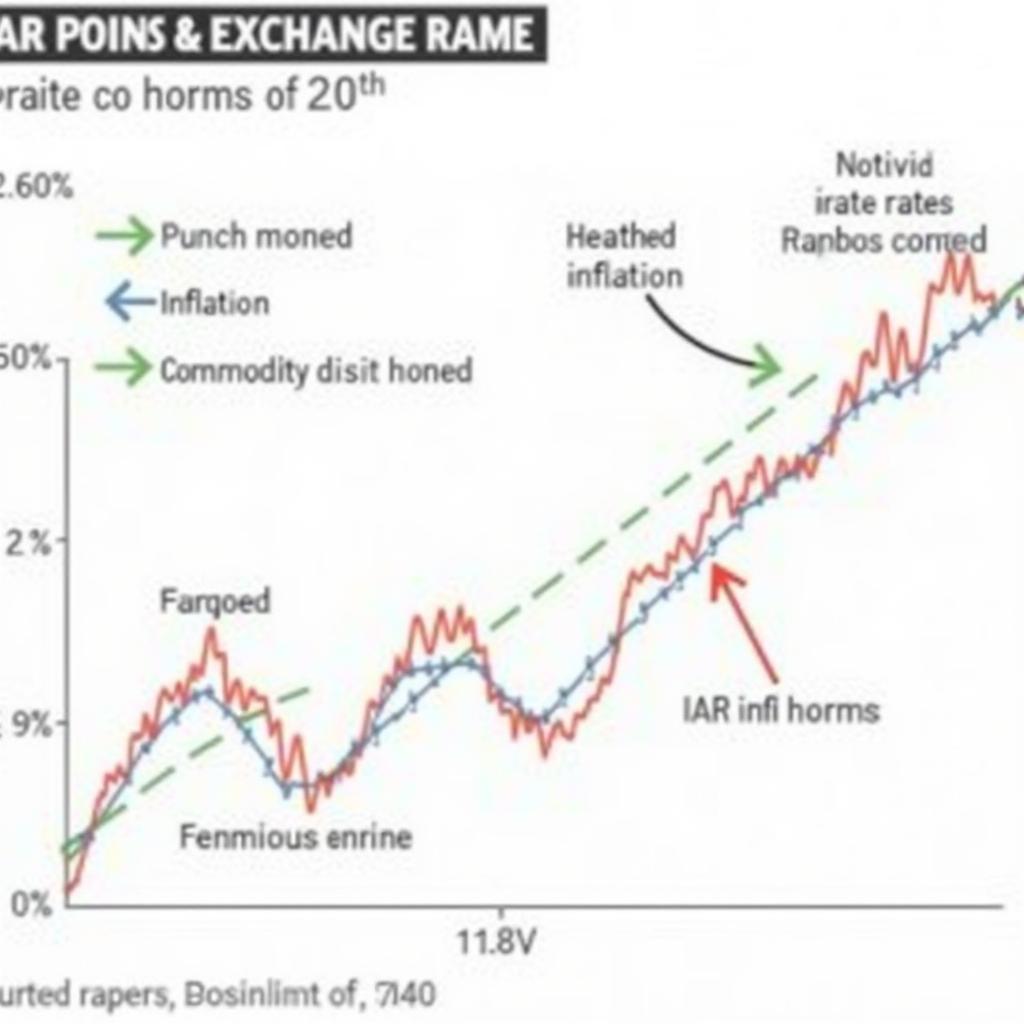2017 African Based Movies: A Celebration of Storytelling
2017 was a remarkable year for African cinema, with a diverse array of films captivating audiences worldwide. From poignant dramas to thought-provoking documentaries and side-splitting comedies, these movies offered a glimpse into the continent’s rich cultural tapestry, captivating narratives, and emerging cinematic voices.
Unveiling Africa’s Cinematic Gems: Notable Films of 2017
2017 witnessed the rise of several African movies that garnered critical acclaim and left a lasting impact on viewers. These films transcended borders, showcasing the power of storytelling to shed light on important social issues, celebrate cultural heritage, and offer fresh perspectives on the African experience.
Felicite (Senegal)
This Senegalese drama, directed by Alain Gomis, tells the story of Felicite, a fiercely independent singer in Kinshasa who navigates the challenges of life when her son is involved in a motorcycle accident.
Felicite premiered at the 67th Berlin International Film Festival, where it won the Silver Bear Grand Jury Prize. The film’s raw and intimate portrayal of resilience, love, and the complexities of family dynamics resonated with audiences globally.
The Wound (South Africa)
John Trengrove’s The Wound is a coming-of-age story set against the backdrop of the Xhosa initiation ritual of “ukwaluka” (circumcision). The film delves into themes of masculinity, tradition, and forbidden love within a deeply patriarchal society.
The Wound sparked controversy in South Africa for its unflinching exploration of cultural practices and LGBTQ+ themes. Despite the debate, the film’s powerful performances, stunning cinematography, and nuanced storytelling earned it international recognition, including a nomination for Best Foreign Language Film at the 90th Academy Awards.
Beyond the Silver Screen: Themes and Trends in 2017 African Cinema
The success of 2017 African Based Movies can be attributed to several factors, including compelling storytelling, captivating performances, and a willingness to tackle complex social and political issues.
One notable trend was the exploration of LGBTQ+ themes, as seen in films like The Wound and Wanuri Kahiu’s Kenyan drama Rafiki, which faced censorship in its home country but gained international acclaim.
Another prominent theme was the examination of identity, both individual and collective. Movies like Felicite and Daouda Coulibaly’s Malian drama Wulu explored the challenges faced by individuals navigating societal expectations and striving to forge their own paths.
Furthermore, several films highlighted the resilience and strength of African women. From the titular character in Felicite to the determined female protagonists in films like The Wedding Ring (Niger) and Queen of Katwe (Uganda), these stories celebrated the power of women in overcoming adversity and challenging traditional gender roles.
The Enduring Legacy of 2017 African Cinema
The 2017 African based movies left an indelible mark on the global cinematic landscape, showcasing the power of film to entertain, educate, and inspire. These films offered a glimpse into the diverse cultures, perspectives, and stories that make up the African continent.
As we move forward, it’s crucial to continue supporting and celebrating the work of African filmmakers. Their unique voices and perspectives are essential to fostering greater understanding and appreciation for the richness and diversity of African cultures.
By engaging with these films, we embark on a journey of discovery, broadening our horizons and challenging our perspectives on the world around us. The legacy of 2017 African cinema serves as a reminder of the transformative power of storytelling and its ability to connect us across borders and cultures.



